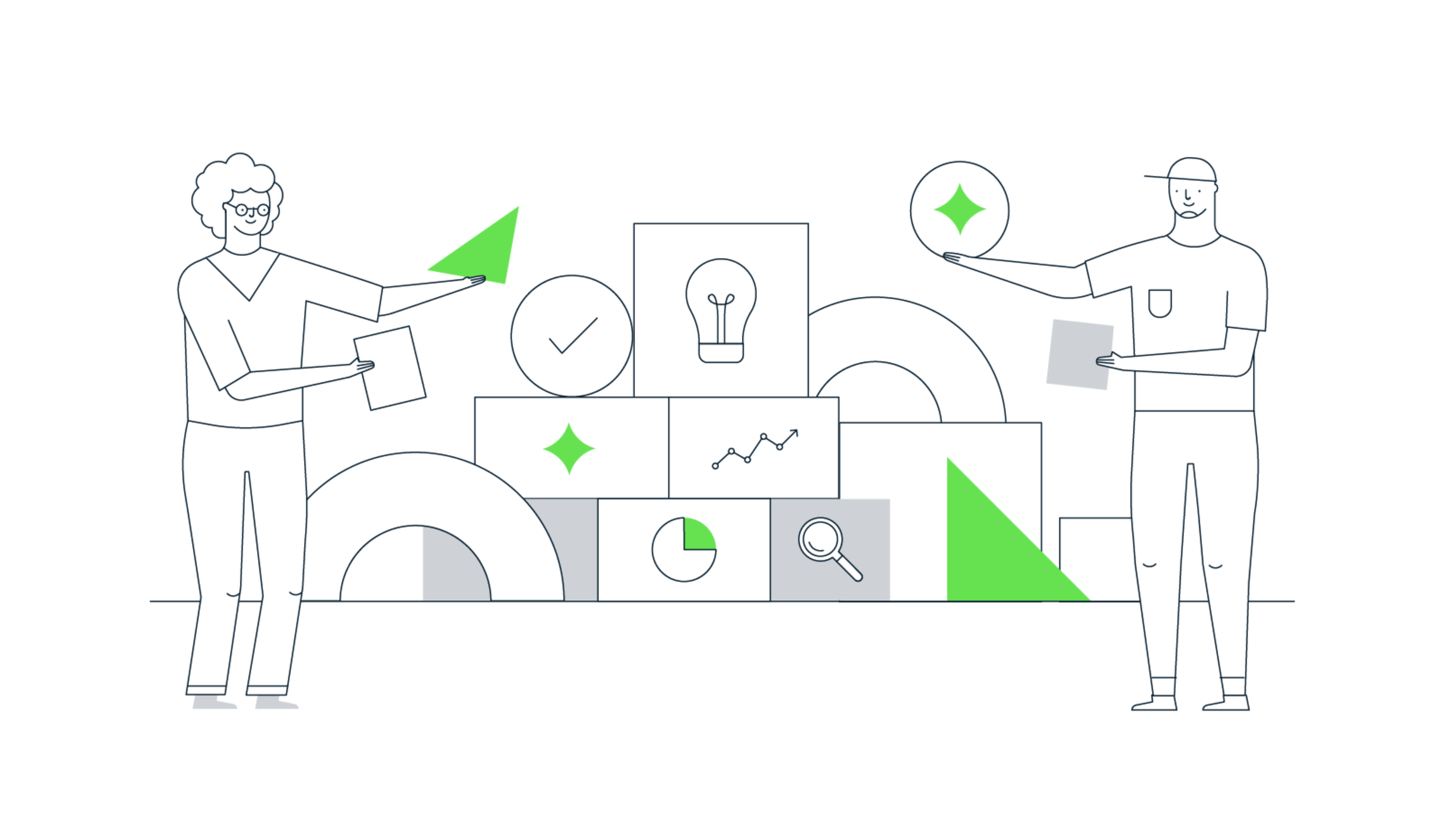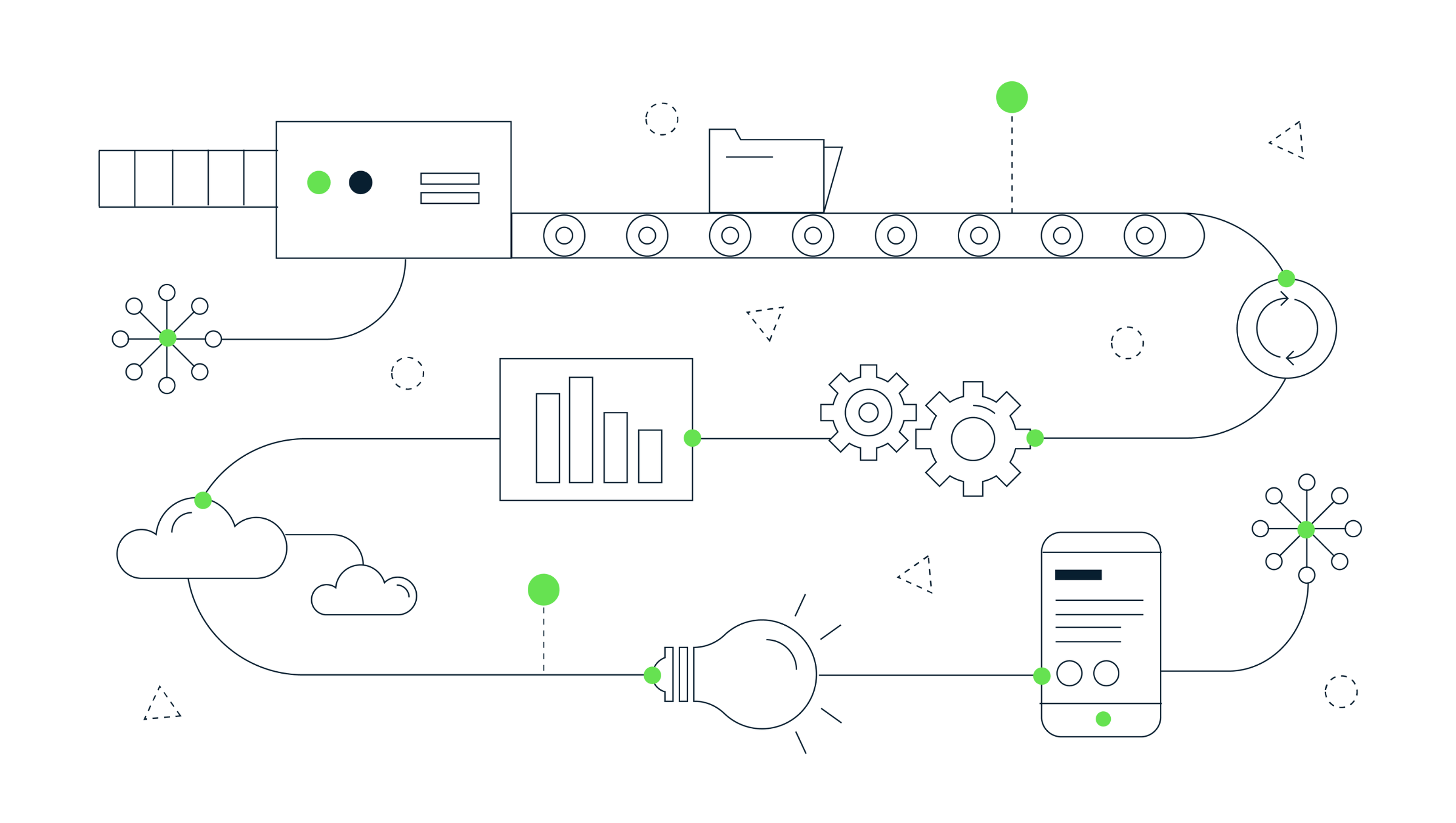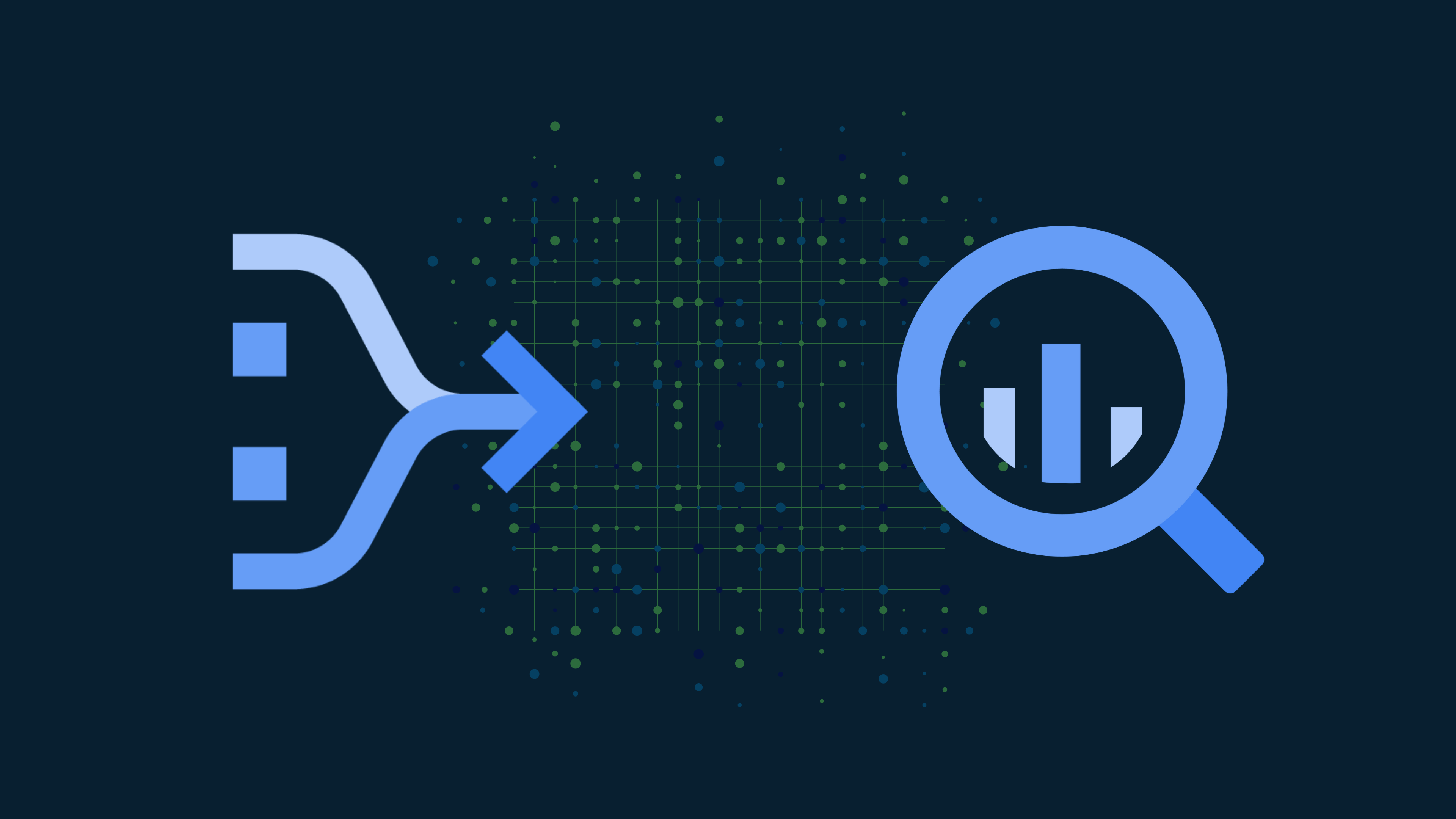(BONUS pod) Google is sunsetting Universal Analytics!

Dan and Dara react to the big news (bombshell) from Google about them sunsetting Universal Analytics in 2023.
The announcement from Google can be read in full at https://bit.ly/3thHJDq.
Check out on LinkedIn:
- Dan – https://bit.ly/3JQKHEb
- Dara – https://bit.ly/3vzV0bO
- Measurelab – https://bit.ly/3Ka513y
Please leave a rating on Spotify and/or Apple Podcasts.
If you want to join Dan and Dara on the podcast, or want to suggest a topic for them to chit-chat about, email podcast@measurelab.co.uk or find them on LinkedIn and drop them a message.
Transcript
[00:00:00] Dara: Hello, and thanks for joining us in a bonus edition of The Measure Pod. So we’re bringing you this bonus episode because of some big, big news that Google have announced, which we felt warranted a quick, special edition, just to make sure you’re all aware of this. It’s something we’re probably going to discuss quite a lot over the coming weeks and months, but we wanted to get some information out there to you as quickly as possible.
[00:00:39] Dara: So Dan, let’s kick things off. What is this bombshell? What is this big piece of news?
[00:00:45] Daniel: Well Google have announced that they are going to deprecate or sunset as they’re calling it Universal Analytics and all previous versions of Google Analytics. So that just leaves Google Analytics 4. So Google Analytics 4 as of 1st of July next year will be the only Google Analytics tool should we say that they’re going to be supporting and using. It’s huge, it’s big news. I mean, I’m not saying it’s going to be life-changing or game changing, but it’s definitely big enough for people like us in the analytics industry that work with this stuff day in, day out.
[00:01:11] Daniel: We’re not used to Google doing this kind of thing, we’re used to them occasionally dropping certain features or phasing out certain elements of the platform. So they used to have things like YouTube tracking, where you could track your YouTube profile or even the, do you remember the heat mapping or the attempt at heat mapping, where they did that click overlay classic in Universal, that kind of just disappeared at one point right.
[00:01:31] Dara: Yeah, but you’re right this is a very different situation, and it’s unusual to have such a definite change in such a potentially I guess in some people’s view is going to be a harsh approach and this is definitely going to light a fire under people, or it should because there’s probably companies out there who have still been just pushing GA4 down the road, thinking, well look, we’ll figure that out later, and now there’s a very real urgency to actually not just start trying it out, but actually start moving all of your reporting over to GA4.
[00:02:01] Daniel: Yeah exactly, if you’re kicking the can down the road then now’s the time to stop and to get it implemented.
[00:02:05] Dara: The road’s getting a lot shorter.
[00:02:06] Daniel: Yeah the roads come to an abrupt end. So let’s talk about timelines. So what they’ve announced is that as of the 1st of July 2023, they’re going to stop processing new hits and then you’ll have access to that data, it says for at least six months. So there’s an ambiguity there, but it looks like, let’s assume worst case scenario, you’ll have access until the end of December 2023 to the data, and then either data’s deleted or access is removed or a combination of the two, but it doesn’t really matter, same difference. Ultimately we have until July the end of June next year to keep tracking Universal and then you’ll have read-only access to that data for another six months.
[00:02:39] Daniel: The reason why they’re saying this now, and the reason why they’ve chosen that date, or at least the idea behind it is to allow you enough time to implement GA4 now to be able to get year on year reporting capabilities come the 1st of July next year. On paper, it makes perfect sense you know, if I implement GA4 now before the 1st of July 2022, by the 1st of July 2023 I’ll be able to do a year and your reporting. That’s great, but that only leaves us as of recording six weeks. So what that really means is you’ve got six weeks to implement all of Google Analytics 4, all the recommended events, the ecomm events or anything that you want to have you and your data for. You need to get that on your website as soon as physically possible. So that come this time next year you’ll be able to have that year in your reporting. It doesn’t actually give us a lot of time, not a lot of time to actually. There’s going to be some stuff you probably don’t care too much about, you don’t need year on year reporting. In which case you can kick that can down the road slightly but those kinds of core events and KPIs, especially if you’re ecomm and you’re talking about transactions and revenue, those need to be implemented as soon as possible.
[00:03:37] Dara: On the at least six months point about whether you’ve got some kind of read only access, but without data being collected. Even if they end up extending that it’s probably worth exporting any data that you’re going to really care about regardless, even if they made that indefinite, you don’t really want to be going back into an old now sunsetted version of the product to pull out bits and pieces. So really having a plan for what historical data is even needed, because there’s an argument that maybe some of your really far back data isn’t needed in any way, but certainly anything in recent history that you would want in a single kind of set of reporting tables, you might want to pull out and get into BigQuery and not rely on that six months window too much.
[00:04:18] Daniel: Yeah, exactly and the last thing I want to mention really is that this is going to cost whether it’s money or time, and that’s the one thing to start preparing for. Just because it’s a free product, sure, you can use Google Analytics for free and Universal Analytics has a free tier as well, but it’s going to take time, which is money. To transfer all of your Data Studio reports or your data warehouse data feeds, or the tables that you’re creating off the back of some analysis you’re doing in Universal Analytics or GA 360, or even just training and education and familiarity with these products and making sure every marketer and analyst in the team has the confidence to go into GA4 and continue doing what they were doing in Universal Analytics.
[00:04:53] Daniel: So it’s just a bit of a pre forewarning really. This is going to cost whether it’s time, money, resources, effort, energy, all of the above. And it’s probably going to start really, really soon. So, like I said, six weeks from the time of recording, we’ve got until the 1st of July 2022. So really soon, to get all of those core events implemented so that’s come the 1st July 2023, you will have your year on year reports.
[00:05:14] Dara: One final detail to art is if you’re a 360 customer, if you’ve got Universal Analytics properties on 360, you get an additional three months grace. So that would actually collect data up until October 2023, but then the same situation applies from that point.
[00:05:31] Daniel: Yeah, more details to come I’m sure. Especially as we get closer to that time, they might change their mind, but for now that’s as much as we know.
[00:05:38] Dara: Yeah, we’re very likely to discuss this topic many more times and then we’ll reach a point where we won’t be calling it Google Analytics 4 anymore, we’ll just be calling it Google Analytics.
[00:05:46] Daniel: I know, I know. Yeah I can bet money that we’ll be talking about this again, but I think that’s, that’s enough for now, just a quick reaction to the announcement of the news, the big news and yeah, back to our regularly scheduled programming.
[00:05:57] Dara: Yeah so thanks for listening, see you soon.
[00:05:59] Daniel: See you later, bye.
Daniel Perry-Reed
Subscribe to our newsletter:
Further reading

Easy ways to prepare your BigQuery warehouse for AI

Data pipeline optimisation with Google Cloud and Dataform
